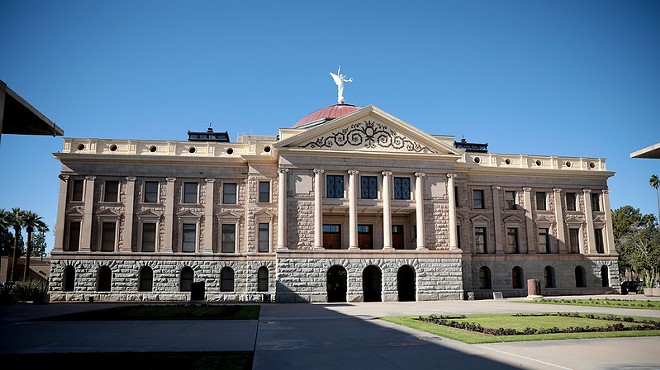Monday, January 23, 2012
The Best (Sad) Thing You'll Read Today
The New York Review of Books' blog has a short, but quite moving piece about the Costa Concordia cruise ship disaster in Italy, mostly focusing on the sociology of what people do when everything goes wrong:
Captain Schettino’s decision to ignore the cruise’s prescribed route and steer his floating behemoth close to shore was only the beginning of the tragedy of the Concordia; the charges pending against him include refusal to acknowledge the extent of the disaster or give the order to evacuate (so that his crew’s decision to launch the lifeboats was technically mutinous). Furthermore, the captain left the ship long before the last passenger, whereas subordinates like chief purser Manrico Giampedroni stayed aboard. Giampedroni, indeed, rescued passengers until a flying refrigerator broke his leg, and then waited thirty-six hours for his own rescue. Other rescuers included a Filipino cook who, like all the low-level employees of the Costa Concordia, lost his job in the shipwreck and received a small tip from the company for his humanitarian efforts. To be fair, Chief Purser Giampedroni, the tireless rescuers, and the citizens of the island of Giglio, who took in four thousand unexpected guests, also hewed to a recognizable Italian type, people who experience duty not as dour compulsion but as a beacon of inspiration.It is increasingly clear, however, that Captain Schettino provides a convenient scapegoat for what may be villainy of an entirely different order: the ruthless capitalist calculus of the cruise industry. It now seems perfectly plausible that the decision to delay the evacuation order originated in the Genoese offices of Costa Cruises, and it is now clear that the daredevil maneuver that ended on the rocks of Giglio has been more of a tradition among these massive luxury ships than any cruise operator would like to admit. And how about those Russians in their lifeboats? Does anyone really imagine that evacuation of the Concordia was any less laced with class—or at least monetary—distinctions than the evacuation of the Titanic?
It is hard to know who we might really turn out to be when the time comes: one of the passengers who snatched other people’s life vests, stepped on little kids, and escaped early, or one of those who turned back to save one more person more helpless than they and never escaped at all, like the missing musician, age 25, who let a woman with a baby take his place on a lifeboat.
Tags: new york review of books , Costa Concordia , shipwrecks , Video










